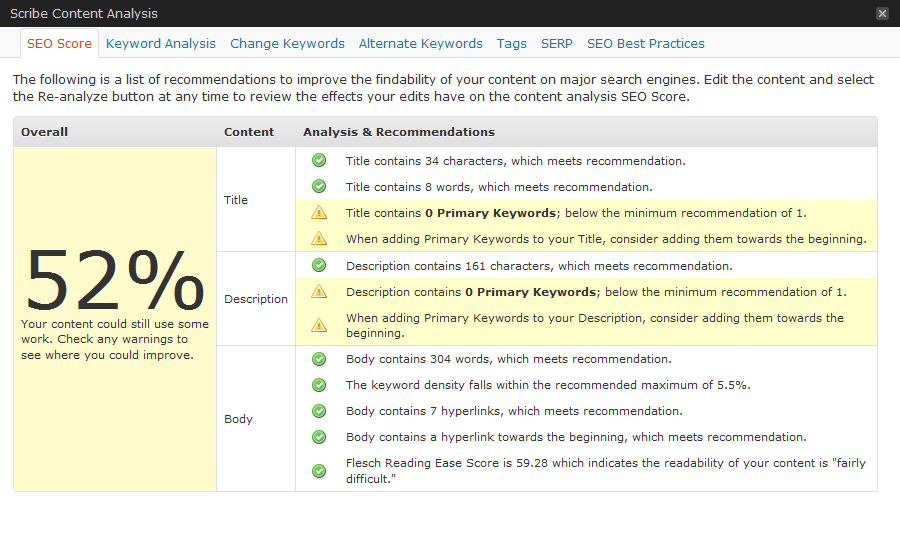 Organize, simplify and get better results from your Web writing by asking 5 important questions:
Organize, simplify and get better results from your Web writing by asking 5 important questions:
- What is the problem (pain, predicament)?
- Why hasn’t this problem been solved?
- What is possible?
- What is different now?
- What should your readers do now?
As you compose your copy, you should write out several sentences to answer each question. This will keep you on task, and lead your readers through to action. I suppose it depends on what you’re writing, but I can’t think of many web pages, blog posts, articles where these 5 questions wouldn’t be appropriate.
I’ve been re-reading Maria Velosa’s Web Copy that Sells this week. Her blueprint for creating simple copy that works to market your products and services is clear. There’s a reason it’s organized this way.
Psychologically, we’re hard wired to sit up and pay attention to problems. This is why it’s a good idea to lead off with your headline and first paragraph addressing readers’ problems and pain. Negative emotions are strong enough to wake us up and get us to read the rest of the story.
There are two things you must realize about this seemingly obvious and simple question:
- People who are in your target audience may not realize they have a problem (or how bad it can get). It may seem surprising, but often people are in denial, are ignoring the bad stuff, and are overly optimistic.
- People need to know you fully understand their pain AND CARE before they will read anything you have to say about it
Write a few sentences out about the problem. You want your readers to say, Read More→










